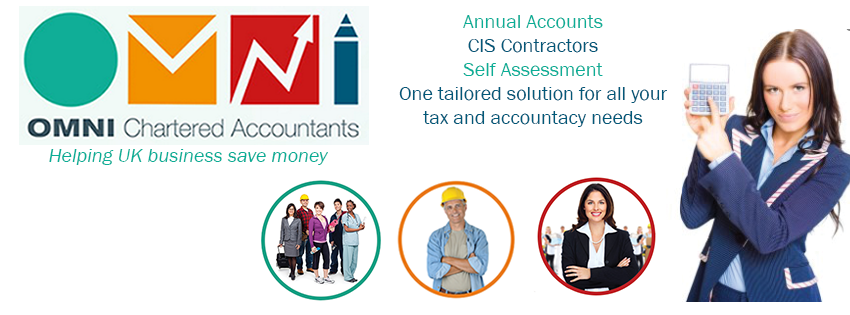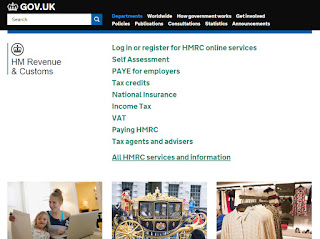 |
| Why it’s important that your employees are fit and healthy |
We all know that a healthy workforce is a productive
workforce.
As well as being more motivated during the day and getting
more done, they are also less likely to take sick days. The government has
recognised these benefits and has introduced tax breaks to employers who
promote good health so encouraging your staff to be fitter and healthier is now
also more tax efficient.
Provide basic health care
Subject to certain qualifying conditions, employers can
provide free medical check-ups and eye tests. As from the 1st January 2015,
they can also contribute up to £500 a year for rehabilitation treatment to help
an employee return to work after an injury or illness.
Cycle-to-work scheme
One way to encourage employees to get active is to introduce
the cycle-to-work scheme. When introduced properly, this can not only save your
staff up to 42% of the cost of a bicycle, it can also provide companies with a
big tax break.
Additionally to this, you can also benefit in cash terms
through a saving in National Insurance costs as well as promote that your
business encourages more environmentally friendly ways of commuting to work.
Gym membership
Providing free gym membership to your staff is an excellent
way of encouraging them to get active and it also creates a taxable benefit in
kind. If your company can’t afford to pay for everyone’s membership you can
still help your employees by approaching a local gym to agree discounts or
maybe they will offer you a corporate discount.
Gyms frequently give discounts to local companies and
whereas an individual might have to pay circa £40, through the company group
rate they may be able to get it for around £30. Whilst there are no tax
advantages of this, it’s still a great benefit for those who are looking to get
fit.
These schemes can also be good for team moral and in getting
good comradery between employees too, this can be good for business in general
as it spills into the work environment. Healthy and happy employees help in
driving success.
Exclusive discount for Walsall CHANGEurSHAPE Fitness Centre and Boot Camp
Experiences
To find out more about how your business could provide a
free of charge gym membership – and to get an exclusive corporate membership discount
from Walsall based CHANGEurSHAPE
fitness centre (including exciting boot camp experiences) - call us today on
01902 837408 or request a free of charge call-back from our website www.taxandaccountancysolutions.co.uk
today!








